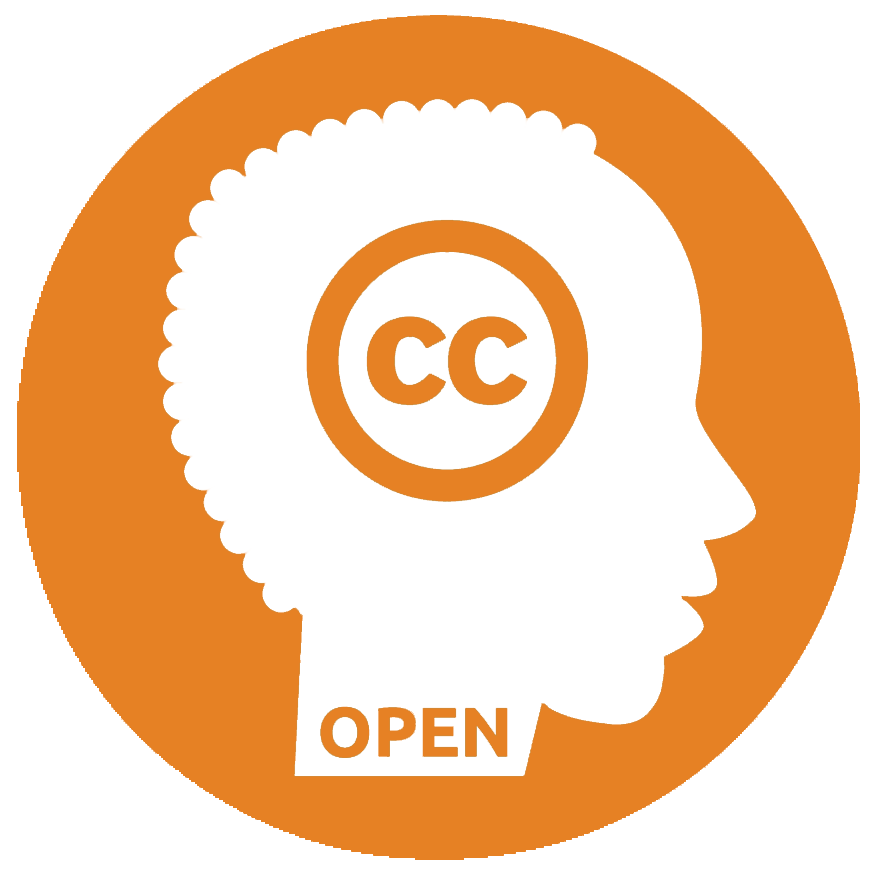Full Library
Effects of Feedback in a Computer-Based Learning Environment on Students’ Learning Outcomes: A Meta-Analysis
Resource type
Journal Article
Author/contributor
- Feskens, Remco C W (Author)
Title
Effects of Feedback in a Computer-Based Learning Environment on Students’ Learning Outcomes: A Meta-Analysis
Abstract
In this meta-analysis, we investigated the effects of methods for providing item-based feedback in a computer-based environment on students’ learning outcomes. From 40 studies, 70 effect sizes were computed, which ranged from −0.78 to 2.29. A mixed model was used for the data analysis. The results show that elaborated feedback (EF; e.g., providing an explanation) produced larger effect sizes (0.49) than feedback regarding the correctness of the answer (KR; 0.05) or providing the correct answer (KCR; 0.32). EF was particularly more effective than KR and KCR for higher order learning outcomes. Effect sizes were positively affected by EF feedback, and larger effect sizes were found for mathematics compared with social sciences, science, and languages. Effect sizes were negatively affected by delayed feedback timing and by primary and high school. Although the results suggested that immediate feedback was more effective for lower order learning than delayed feedback and vice versa, no significant interaction was found.
Pages
37
Date
2015
Language
en
Library Catalogue
Zotero
Citation
Feskens, R. C. W. (2015). Effects of Feedback in a Computer-Based Learning Environment on Students’ Learning Outcomes: A Meta-Analysis. 37.
Outcome measure
Instructional domain (subject)
Education Level and Type
Groups of students
School or home
Moderating variables
Tech Hardware
Tech Software
Tech mechanism
Learning Approach
Teacher Pedagogy
Research methods
Effect size/ heterogeneity
HIC/LMIC
Quality of research
Link to this record

